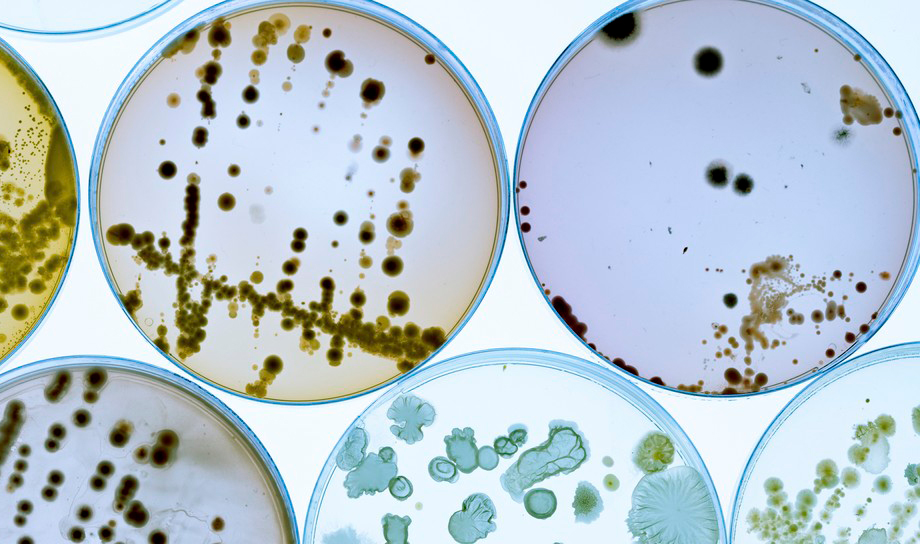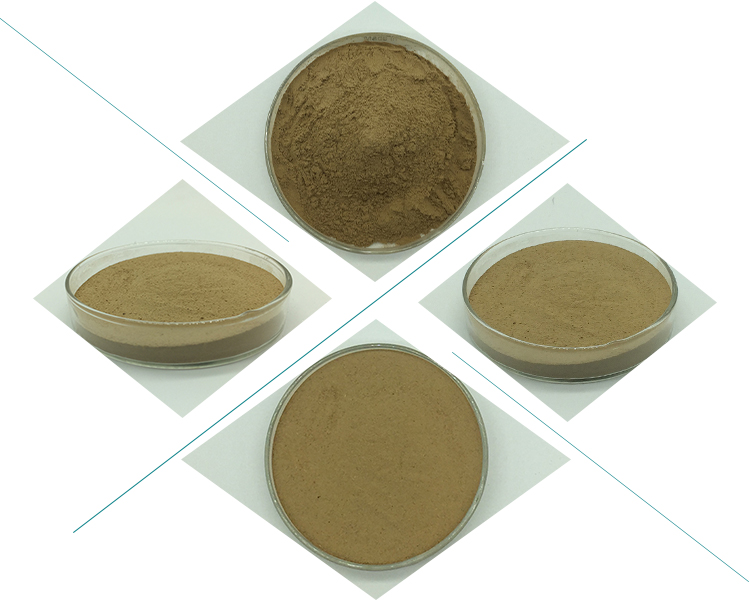Bacillus subtilis is a Gram-positive, rod-shaped bacterium that is commonly found in soil. It has been widely studied for its various applications and benefits, as well as potential drawbacks. Here are some pros and cons associated with Bacillus subtilis:
Pros of Bacillus Subtilis:
Probiotic Properties: Bacillus subtilis is considered a probiotic, which means it can have positive effects on the digestive system by promoting the growth of beneficial bacteria in the gut. It may contribute to improved gut health.
Biocontrol Agent: Bacillus subtilis has biocontrol properties, meaning it can act as a biological control agent against harmful pathogens. It produces antimicrobial compounds that can inhibit the growth of various pathogenic bacteria and fungi.

Biodegradation: Some strains of Bacillus subtilis have the ability to degrade complex organic compounds, making them potentially useful in bioremediation processes to clean up environmental pollutants.
Industrial Applications: Bacillus subtilis is used in various industrial applications, including the production of enzymes, antibiotics, and other bioactive compounds. It is also used in the fermentation process for the production of certain foods.
Spore Formation: Bacillus subtilis can form spores, which are resistant to harsh environmental conditions. This spore-forming ability makes it more robust and allows it to survive in various environments.
Cons of Bacillus Subtilis:
Pathogenic Strains: While Bacillus subtilis is generally considered safe, there are some strains that can be opportunistic pathogens, particularly in immunocompromised individuals. It is essential to use well-characterized and non-pathogenic strains.
Potential for Toxin Production: Some strains of Bacillus subtilis can produce toxins under certain conditions. This is another reason why selecting well-characterized strains is important to ensure safety.

Environmental Persistence: The ability of Bacillus subtilis to form spores contributes to its environmental persistence. In some cases, this persistence may lead to unintended consequences, such as the survival and spread of genetically modified strains.
Regulatory Concerns: The use of Bacillus subtilis in various applications, especially in agriculture, may be subject to regulatory scrutiny due to concerns about environmental impact and potential unintended consequences.
Limited Efficacy in Some Cases: While Bacillus subtilis has biocontrol properties, its efficacy in controlling certain plant diseases or pests may vary. It may not be as effective in some situations compared to chemical alternatives.
In conclusion, Bacillus subtilis has several potential benefits, especially in areas like probiotics, biocontrol, and industrial applications. However, careful consideration and research are necessary to address potential drawbacks and ensure its safe and effective use in specific applications.
